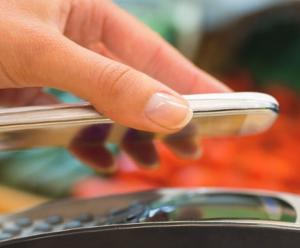NFC TIMES Exclusive Insight – Results of yet another survey has shown that a significant percentage of U.S. consumers continue to harbor security fears about using their smartphones for payments, a stubborn problem that has hindered growth of mobile payments from the beginning.
The Pew Charitable Trusts, which commissioned the survey, said results showed that consumers still trust their physical credit, debit and prepaid cards much more than their phones to make payments. That is despite the fact that mobile wallets often store the same bank cards and offer the same liability protections in the U.S. from issuers as physical cards and are boosted by security measures that are not available for cards, such as tokenization, biometric authentication and the means to remotely kill payment applications if the phone is lost or stolen.
Apple popularized tokenization and biometric user authentication for its Apple Pay service, which launched five years ago this month in the U.S., yet take-up has been much slower than originally expected. It’s estimated that no more than 2% of face-to-face transactions in stores in the U.S. are conducted with mobile wallets, including Apple’s. Perceived security risks are believed to be a major cause of the low take-up. The problem is not limited to the U.S., either.

 NFC TimesThe premier source for news, analysis and commentary on
NFC TimesThe premier source for news, analysis and commentary on 